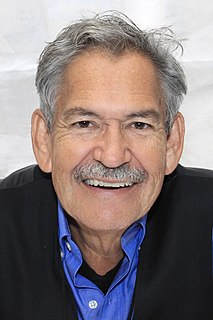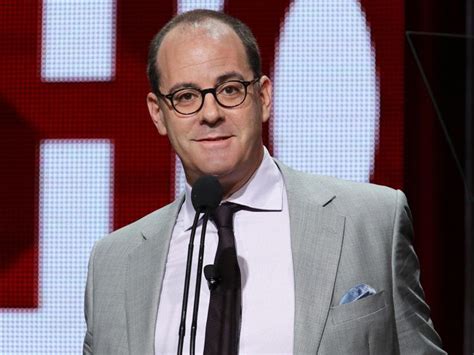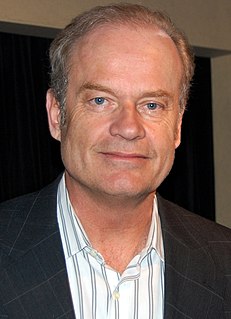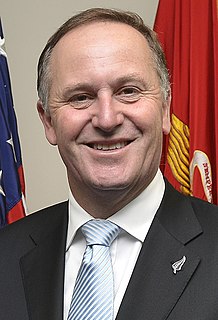A Quote by Godfried Danneels
There is a very well-defined procedure that allows the Vatican to raise issues with a particular theologian about something that does not appear in conformity with the Catholic faith. It is not always easy to make this determination.
Related Quotes
I'm an ex-Catholic priest. I have such a complex relationship to Catholicism. On the one hand, if I called myself a Catholic it would have to be a very unorthodox one, as I just don't believe all of the teachings of the Church. But on the other hand, I'm an educated man because the Catholic Church educated me. It gave me something that is really important to me. So I always think about my faith. I always have it, and sometimes I can't talk about it, and sometimes I can. I am like an adolescent in that way. Teens are asking questions: who is God and what does it mean to have faith?
The sacred rites, although not instituted specifically for proving the truth of the dogmas of the Catholic Faith incontrovertibly, are effectively the living voice of Catholic Truth, the oft-sounded expression of it. For that very reason the true Church of Christ, even as she shows great zeal to guard inviolate those forms of divine worship - since they are hallowed and are not to be changed - sometimes grants or permits something novel in the performance of them in certain instances. This she does especially when they are in conformity with their venerable antiquity.
There is a great difference, whether the poet seeks the particular for the sake of the general or sees the general in the particular. From the former procedure there ensues allegory, in which the particular serves only as illustration, as example of the general. The latter procedure, however, is genuinely the nature of poetry; it expresses something particular, without thinking of the general or pointing to it.
In some states, it is illegal to turn down a same-sex couple when you're placing children for adoption. That's discrimination. But in the Catholic church, the sacrament of marriage is defined officially as the union of a man and a woman. So a Catholic adoption agency is torn between its faith doctrine and what it sees as a faith obligation to help orphans.
Is there an aesthetic "fit" in my work between God and the world? The "I' in my poems has from the beginning identified himself as Catholic, and my books certainly can be read as presenting a Catholic theology "in a very particular sense." Catholicism is a faith morally identified with the human struggle for human dignity and justice. It is a vision of the world incarnationally rooted in the senses, a faith of and in spoken and written words - Scripture, "the Word of God," the Logos.





































